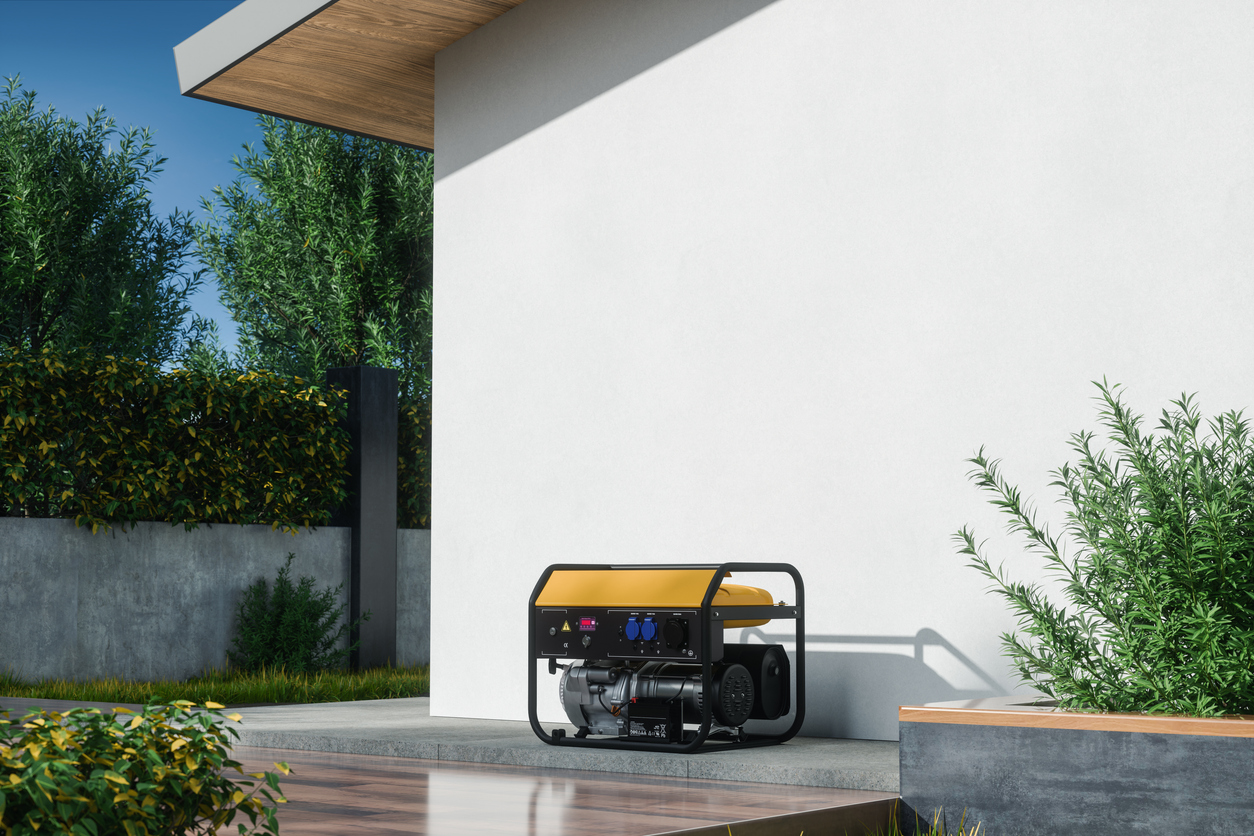Water filtration systems are essential for ensuring clean and safe drinking water in homes around the world. From simple pitcher filters to advanced reverse osmosis systems, these devices play a crucial role in removing contaminants and improving water quality. You can find water filtration systems with an online search.
Types of Water Filtration Systems
Activated Carbon Filters: These filters use activated carbon to trap contaminants like chlorine, volatile organic compounds (VOCs), and sediment. They are effective in improving taste and odor of water but may not remove certain minerals or heavy metals.
Reverse Osmosis (RO) Systems: RO systems use a semipermeable membrane to remove a wide range of contaminants, including bacteria, viruses, fluoride, arsenic, and lead. They are considered one of the most effective filtration methods but may produce wastewater in the process.
UV Water Purifiers: UV purifiers use ultraviolet light to disinfect water by killing bacteria, viruses, and other pathogens. They are often used in conjunction with other filtration methods to ensure water is both clean and safe to drink.
Ceramic Filters: These filters use a porous ceramic material to trap bacteria, sediment, and other contaminants. They are commonly used in portable filtration systems and are effective for basic water purification needs.
Ion Exchange Filters: Ion exchange filters remove dissolved ions from water, such as calcium and magnesium, which contribute to water hardness. They are useful in areas with hard water but may not address other contaminants.
Benefits of Using Water Filtration Systems
Improved Water Taste and Odor: Filtration systems, especially those using activated carbon, can significantly enhance the taste and smell of drinking water by reducing chlorine and other chemicals.
Removal of Contaminants: Effective filtration systems remove contaminants such as lead, chlorine byproducts, pesticides, and bacteria, ensuring cleaner and safer drinking water.
Healthier Drinking Water: By removing harmful substances, filtration systems help reduce the risk of waterborne diseases and long-term health effects associated with contaminated water.
Convenience and Cost Savings: Installing a water filtration system at home eliminates the need to buy bottled water, reducing plastic waste and saving money in the long run.
Choosing the Right Water Filtration System
When selecting a water filtration system for your home, consider the following factors:
Water Quality: Assess the contaminants present in your water supply by reviewing local water quality reports or conducting a water test. This will help determine the type of filtration system needed.
Filtration Efficiency: Compare the effectiveness of different filtration methods in removing specific contaminants relevant to your area, such as lead or chlorine.
Maintenance Requirements: Consider the ongoing maintenance and filter replacement costs associated with each system to ensure it remains effective over time.
Installation and Space: Determine whether you need a system that can be installed under the sink, attached to a faucet, or placed on the countertop based on available space and installation preferences.
Budget: Evaluate the initial cost of the filtration system, as well as ongoing expenses for replacement filters and maintenance, to find an option that fits your budget.
Conclusion
Water filtration systems are essential for ensuring clean and safe drinking water at home. Whether you choose an activated carbon filter for improved taste or a reverse osmosis system for comprehensive contaminant removal, investing in a quality filtration system can have significant benefits for your health and well-being. By understanding the different types of filtration systems available and considering your specific water quality needs, you can make an informed decision to enhance the quality of water for you and your family.


